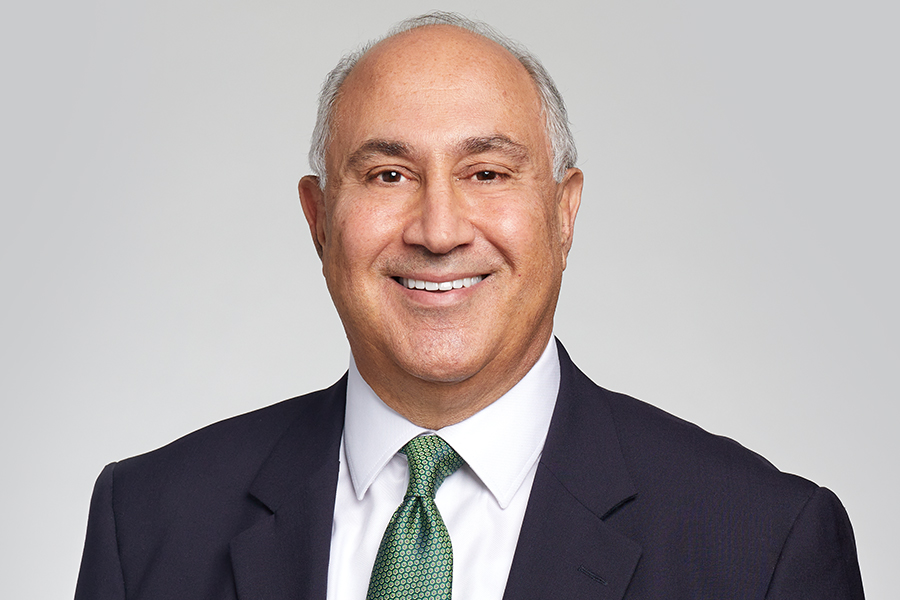News
Making your final wishes known
By Joe Raad, Attorney At Law
The Health Care Power of Attorney and the Living Will (technically called the “Declaration of Desire for a Natural Death”) have been a part of South Carolina law for more than 25 years. Both are generally termed “Advanced Directives.”
The term “Living Will” can be misleading. The document has no effect whatsoever on what happens with your estate after your death. The term “Health Care Power of Attorney” can also be confusing to those who think of a power of attorney as a financial document.
The Declaration of a Desire for a Natural Death (for purposes of this article, the “Living Will”) was enacted in 1986 as part of the Death With Dignity Act. The Health Care Power of Attorney (herein referred to as the “HCPOA”) was enacted in 1992 as part of the South Carolina Health Care Power of Attorney Act. Both acts set forth a prescribed form to maintain uniformity and assure the documents are honored in South Carolina.
Living will, power of attorney have different rules
There are differences between the HCPOA and the Living Will. The two documents are not interchangeable. Different rules, which may conflict, govern their interpretation and application. The HCPOA contains important elements of the Living Will, but the reverse is not the case. For this reason, some attorneys no longer use the Living Will.
The person creating a Living Will is called the “Declarant.” The person creating a HCPOA is the “Principal.” Both Declarants and Principals must be at least 18 years old. The major difference is scope. The HCPOA gives someone the authority to make all health care decisions for the Principal, including end-of-life decisions, if the Principal is unable to make them. The Living Will only addresses end-of-life decisions and directs the health care provider to withhold certain “life-sustaining procedures” if the Declarant has a “terminal condition” or is in a state of “permanent unconsciousness” (these terms are defined in the acts).
Both documents address nutrition and hydration separately from life-sustaining procedures. If a Declarant is pregnant, a Declaration is not effective during the course of the pregnancy. If a Principal is pregnant, life-sustaining procedures may not be withheld or withdrawn during the course of the Principal’s pregnancy.
A Declarant cannot be certified as permanently unconscious until unconsciousness has lasted at least 90 consecutive days, unless the Declarant has experienced massive destruction or atrophy of the cortex as evidenced by neurodiagnostic studies or gross inspection of the brain, or some other characteristic of the Declarant’s condition allows a diagnosis of permanent unconsciousness to be made with a high degree of medical certainty. No similar prerequisite is mandated in the act creating the HCPOA.
Similarly, a Declarant with a life-threatening condition diagnosed as terminal or in a state of permanent unconsciousness must be administered active treatment for at least six hours following the diagnosis before the physician may give effect to a Declaration. The HCPOA does not require this for a Principal choosing to have life-sustaining procedures withheld. Both documents can be revoked or altered, if the Declarant or Principal is competent.
There are other distinct differences that should be reviewed with a professional when planning an estate. Executing both the HCPOA and the Living Will can lead to later confusion. Ask your adviser to explain these differences fully in advance. If you already have both documents, ask your adviser to review them to make sure they meet your intentions.
Joseph L. Raad is Senior Counsel with Morton & Gettys Law Firm in Rock Hill, SC. He is a Certified Specialist in Estate Planning and Probate Law. He can be reached at (803) 366-3429 or joe.raad@mortongettys.com.
Information or interaction on this page should not be construed as establishing a client-attorney relationship or as legal advice. For advice about your specific situation, please consult one of our attorneys.

